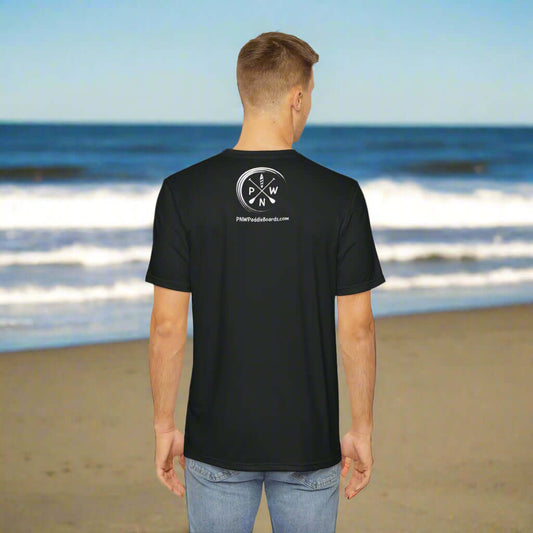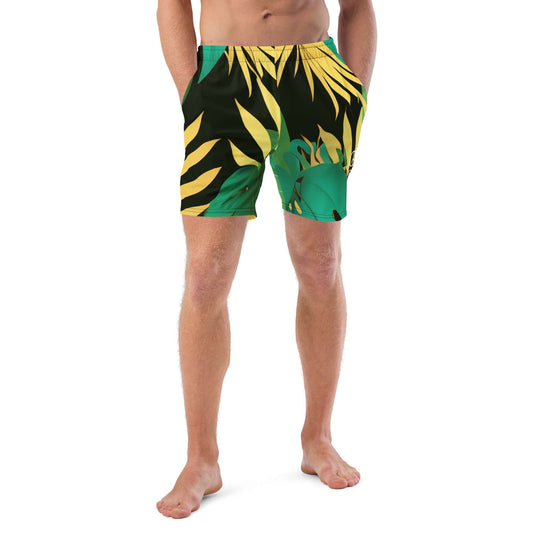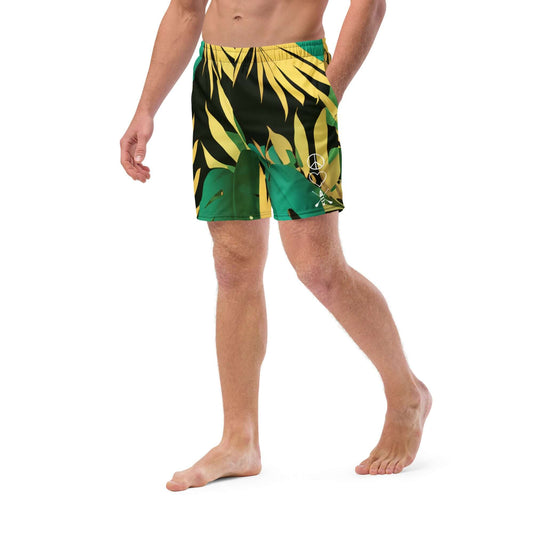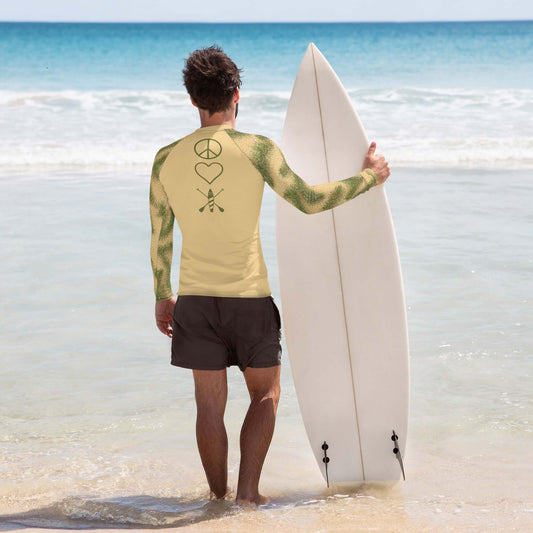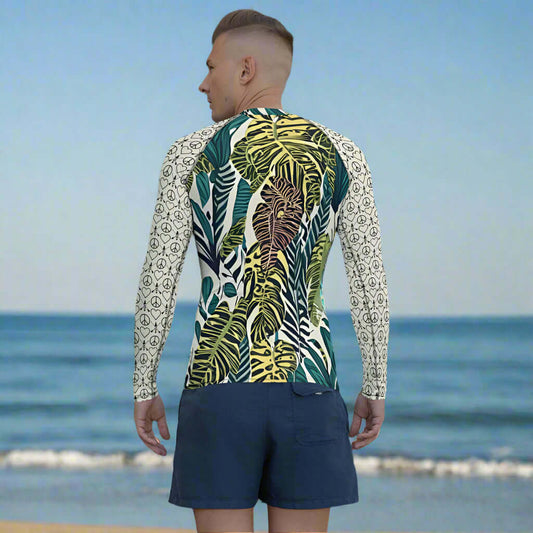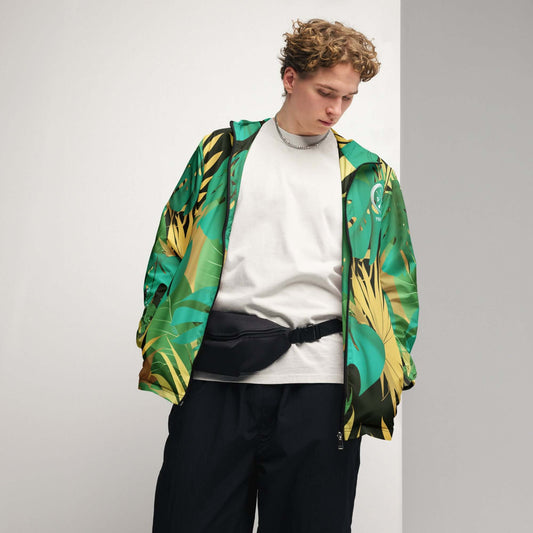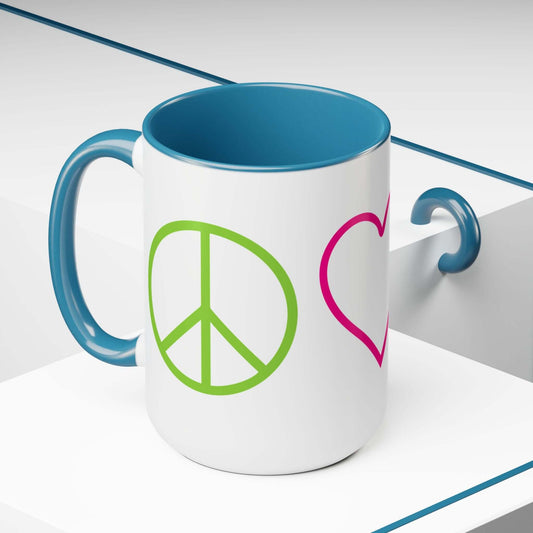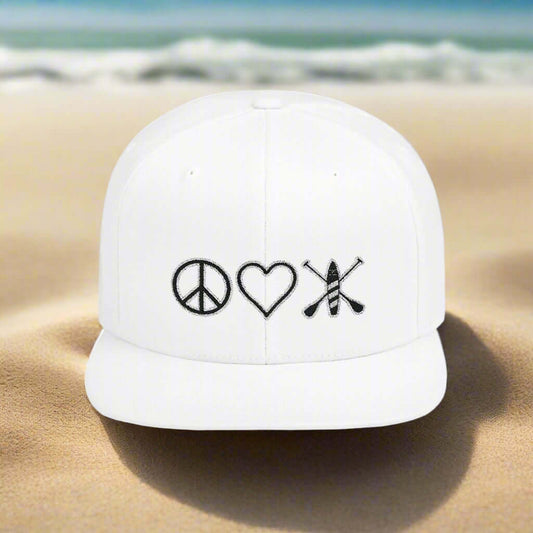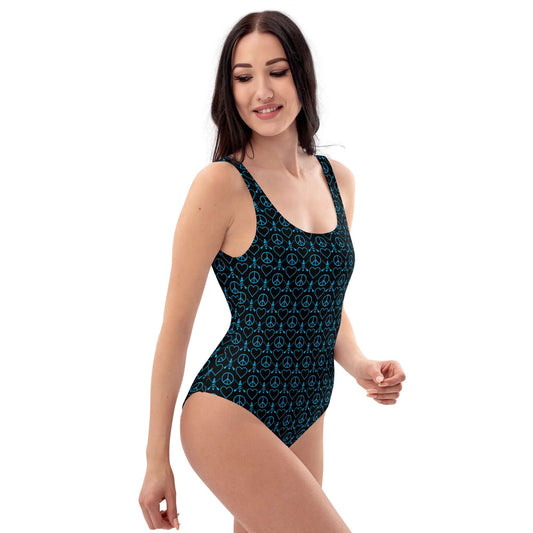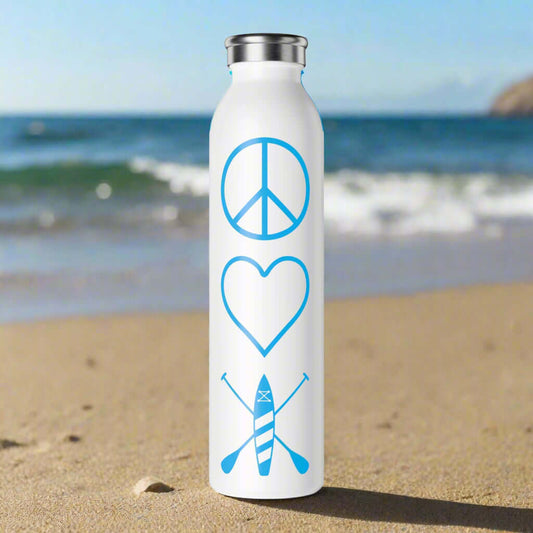
The Therapeutic Benefits of Paddleboarding for Mental Health
Frequently Asked Questions
1. What is paddleboarding?
2. How does paddleboarding benefit mental health?
3. What are the essential items needed for paddleboarding?
4. Can beginners participate in paddleboarding?
5. How can paddleboarding be incorporated into a regular lifestyle?
Paddleboarding, an increasingly popular water sport, offers more than just a fun day at the beach. Recent studies highlight the profound connection between paddleboarding and mental health. As we dive deeper into the therapeutic benefits of this water activity, particularly with the use of a Voyager Paddleboard, we uncover the ways in which paddleboarding can enhance well-being and foster a sense of tranquility. Whether you are a seasoned pro or a newbie, engaging with paddleboarding can be a transformative experience. Let’s explore how paddleboarding connects to mental wellness.
Understanding Paddleboarding
Paddleboarding, also known as stand-up paddleboarding (SUP), combines the serenity of being on the water with the invigorating activity of paddling. It can be practiced on oceans, rivers, lakes, and even quiet backwaters. The basic premise is simple: you stand on a large board (like the Voyager Paddleboard) and use a paddle to propel yourself forward. However, the experience is anything but simple. It involves a balance of physical exertion and mental focus that can yield remarkable mental health benefits.
The Mental Health Benefits of Paddleboarding
Engaging in paddleboarding as a form of exercise and recreation can have a variety of positive effects on mental health. Let’s break down some of the most significant benefits:
Stress Reduction
One of the most immediate benefits of paddleboarding is its ability to reduce stress. When you’re on the water, surrounded by nature, the sounds of the waves and the fresh air provide an escape from daily stresses. The rhythmic motion of paddling can also have a meditative quality, allowing you to clear your mind and focus solely on the physical task at hand.
Enhanced Mood and Emotional Wellbeing
Spending time outdoors, particularly in calm and beautiful environments, has been linked to improved mood. When you paddleboard, especially on a Voyager Paddleboard, you tap into the calming effects of being on the water and soaking in natural beauty. Studies show that regular outdoor activity can increase serotonin levels, leading to heightened feelings of happiness and well-being.
Boosting Physical Fitness
Paddleboarding isn’t just a leisurely activity; it’s a full-body workout. By engaging multiple muscle groups, paddleboarding enhances physical fitness, which is closely tied to mental health. Regular physical activity can lead to the release of endorphins, the "feel-good" hormones, which can diminish feelings of anxiety and depression.
Mindfulness and Focus
Paddleboarding requires concentration and balance, compelling you to stay present and engaged. This focus promotes mindfulness, a practice known to reduce anxiety and enhance emotional regulation. By concentrating on your surroundings and the rhythm of your paddling, you can experience a sense of flow, where worry and distraction dissipate.
Strengthening Social Connections
Paddleboarding is not only an individual activity; it can also be a shared experience among friends and family. Social interactions and developing relationships are essential factors in maintaining good mental health. Organizing paddleboarding excursions or joining local paddleboarding clubs can help foster connections with others who share your interests and encourage a sense of community.
Creating Memories
Sharing paddleboarding experiences creates lasting memories, further enriching your mental health journey. The joy of embarking on paddleboarding adventures with loved ones strengthens the bonds you share, cultivating happiness and reinforcing the importance of social support in maintaining mental wellness.
Connecting with Nature
There is no denying the connection between being in nature and improved mental health. Paddleboarding provides an excellent opportunity to immerse yourself in scenic environments, enhancing your sense of well-being. Here are some ways to deepen your connection with nature through paddleboarding:
- Choose scenic locations: Look for picturesque spots to paddle, such as serene lakes or coastal areas.
- Practice eco-awareness: Be mindful of the environment while paddleboarding. Respect wildlife and ensure you leave no trace.
- Engage in nature observations: While paddling, take time to observe the flora and fauna around you, which can elevate your experience.
Getting Started with Paddleboarding
If you’re intrigued by the positive connection between paddleboarding and mental health, you may wonder how to get started. Here are some tips to help you embark on your paddleboarding adventure:

Choosing the Right Paddleboard
The first step is selecting the right paddleboard. The Voyager Paddleboard, for example, is designed for stability and ease, making it ideal for beginners and seasoned paddleboarders alike. Consider your skill level, comfort with water, and the types of environments you’ll be paddling in when making your choice.
Taking a Lesson
If you're new to paddleboarding, consider taking a lesson or joining a beginner's group. Learning from experienced instructors can help you build confidence and refine your technique, ensuring a safer and more enjoyable experience on the water.
Paddleboarding Gear Essentials
When heading out on your paddleboarding adventure, it’s essential to have the right gear. Here’s a quick checklist:
- Paddleboard (like the Voyager Paddleboard)
- Paddle
- Personal flotation device (PFD)
- Sunscreen
- Water
- A hat and sunglasses
Harnessing Paddleboarding Mindfulness Practices
Beyond the physical aspect, you can incorporate mindfulness practices into your paddleboarding routine. Here are some mindful approaches to consider:
Breath Awareness
As you paddle, pay attention to your breath. Inhale deeply when your paddle is entering the water and exhale as you pull back. Focusing on your breath can enhance relaxation and mindfulness.
Body Scanning
During your time on the board, do a quick body scan. Notice any areas of tension or discomfort, and consciously release that tension as you continue to paddle.
Nature Meditation
Take a moment to pause, float, and appreciate your natural surroundings. Use this time to meditate—everything from the sound of water to the rustling of leaves can enhance your connection to the environment.
Paddleboarding As a Lifestyle Change
Integrating paddleboarding into your routine can lead to a healthier and more balanced lifestyle. By embracing this activity, you can create a mindful routine that fosters physical health and mental well-being.
Set Goals
Setting paddleboarding goals can motivate you to stay engaged with the activity. Whether it’s improving your paddling technique, exploring new locations, or simply spending time on the water, having objectives in mind can boost your sense of accomplishment and fulfillment.
Creating a Paddle Club
Invite friends or family to join you in paddleboarding adventures. Creating a paddle club encourages a regular schedule, promotes social interaction, and keeps everyone engaged in the activity, enhancing motivation and enjoyment.
More Than Just a Hobby
As we’ve explored, the connection between paddleboarding and mental health is undeniable. More than just a hobby, paddleboarding can serve as a powerful tool for enhancing emotional well-being. It offers a unique blend of physical activity, social engagement, and a means to connect with nature, all of which contribute to improved mental health.
Paddleboarding allows for moments of mindfulness, the release from stress, and the joy of being surrounded by nature. The experience can transform your feelings, boost your mood, and create bonds with others. So next time you consider how to elevate your mental health, grab your Voyager Paddleboard, head out onto the water, and embrace the healing benefits of paddleboarding. Embrace the journey to better mental health, one paddle stroke at a time!












